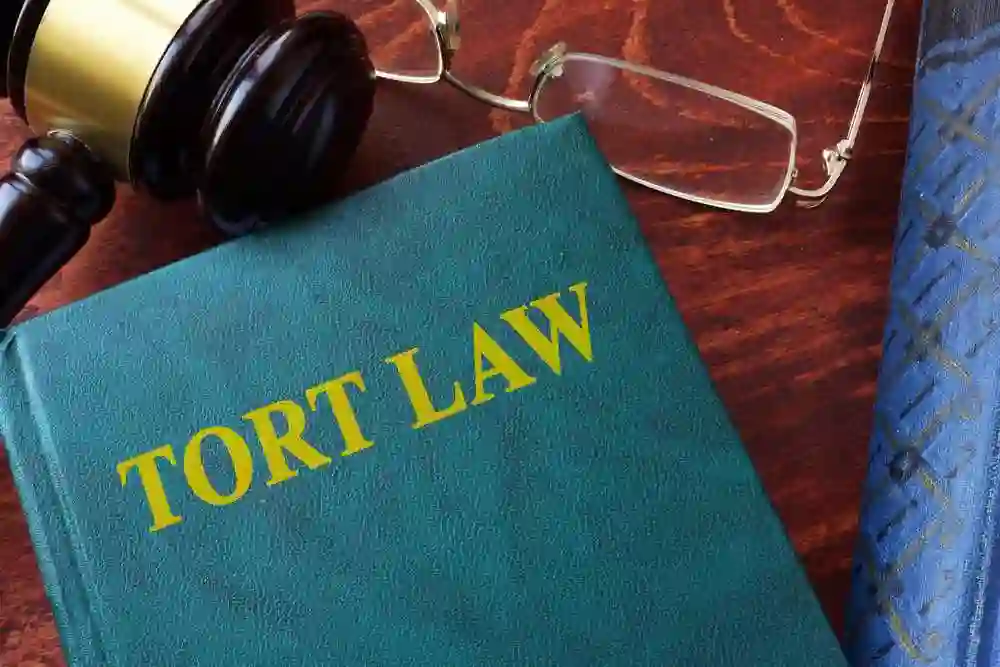Definition of Punitive Damages
Punitive damages, also known as exemplary damages, are a form of legal recompense that a court may order a defendant to pay in a civil lawsuit. Unlike compensatory damages, which are intended to reimburse the plaintiff for actual losses or injuries sustained, punitive damages are awarded to punish the defendant for particularly egregious, reckless, or malicious behavior and to deter similar conduct in the future. These damages are not tied to the plaintiff’s financial losses but are instead based on the severity and reprehensibility of the defendant’s actions.
The Rationale Behind Punitive Damages
The rationale behind punitive damages is rooted in both retribution and deterrence. By imposing financial penalties that exceed the plaintiff’s actual harm, courts aim to send a strong message that certain behaviors will not be tolerated and will incur significant consequences. This is particularly relevant in cases involving intentional misconduct, gross negligence, fraud, or actions that demonstrate a blatant disregard for the safety and rights of others.

Standards Courts Employ in Deciding Punitive Damages
The award of punitive damages is subject to strict legal standards and typically requires clear and convincing evidence that the defendant’s conduct was willful, wanton, or malicious. Courts often consider several factors when determining the amount of punitive damages, such as the nature of the defendant’s conduct, the harm caused, and the financial status of the defendant. Additionally, many jurisdictions impose statutory caps on punitive damages to prevent excessive or unreasonable awards.
Holding Individuals and Corporations Accountable for their Actions
Punitive damages play an essential role in civil justice by holding individuals and entities accountable for their actions. They can have a powerful impact on corporate behavior, particularly when it comes to correcting systemic issues or preventing future harm. For example, large corporations may face punitive damages for environmental violations, product defects that harm consumers, or discriminatory practices within their organizations. By facing substantial financial penalties, these entities are incentivized to implement better practices and avoid future legal repercussions.
Critics of Punitive Damages
However, punitive damages are not without controversy. Critics argue that they can lead to unpredictable and disproportionately large awards that may unfairly burden defendants. There are also concerns about the consistency and fairness of punitive damage awards across different cases and jurisdictions. To address these issues, many legal systems have established guidelines and limitations on punitive damages to ensure they are applied judiciously and equitably.
Conclusion
In conclusion, punitive damages serve as both a punishment and a deterrent for egregious conduct in civil law. By imposing significant financial penalties on defendants who engage in particularly harmful or malicious behavior, courts aim to uphold justice and protect society from future misconduct. Despite ongoing debates about their application and fairness, punitive damages remain a vital tool in promoting accountability and ethical behavior within the legal system.
Timothy L. Miles, Esq.
Law Offices of Timothy L. Miles
Tapestry at Brentwood Town Center
300 Centerview Dr. #247
Mailbox #1091
Brentwood,TN 37027
Phone: (855) Tim-MLaw (855-846-6529)
Email: [email protected]
Website: www.classactionlawyertn.com


